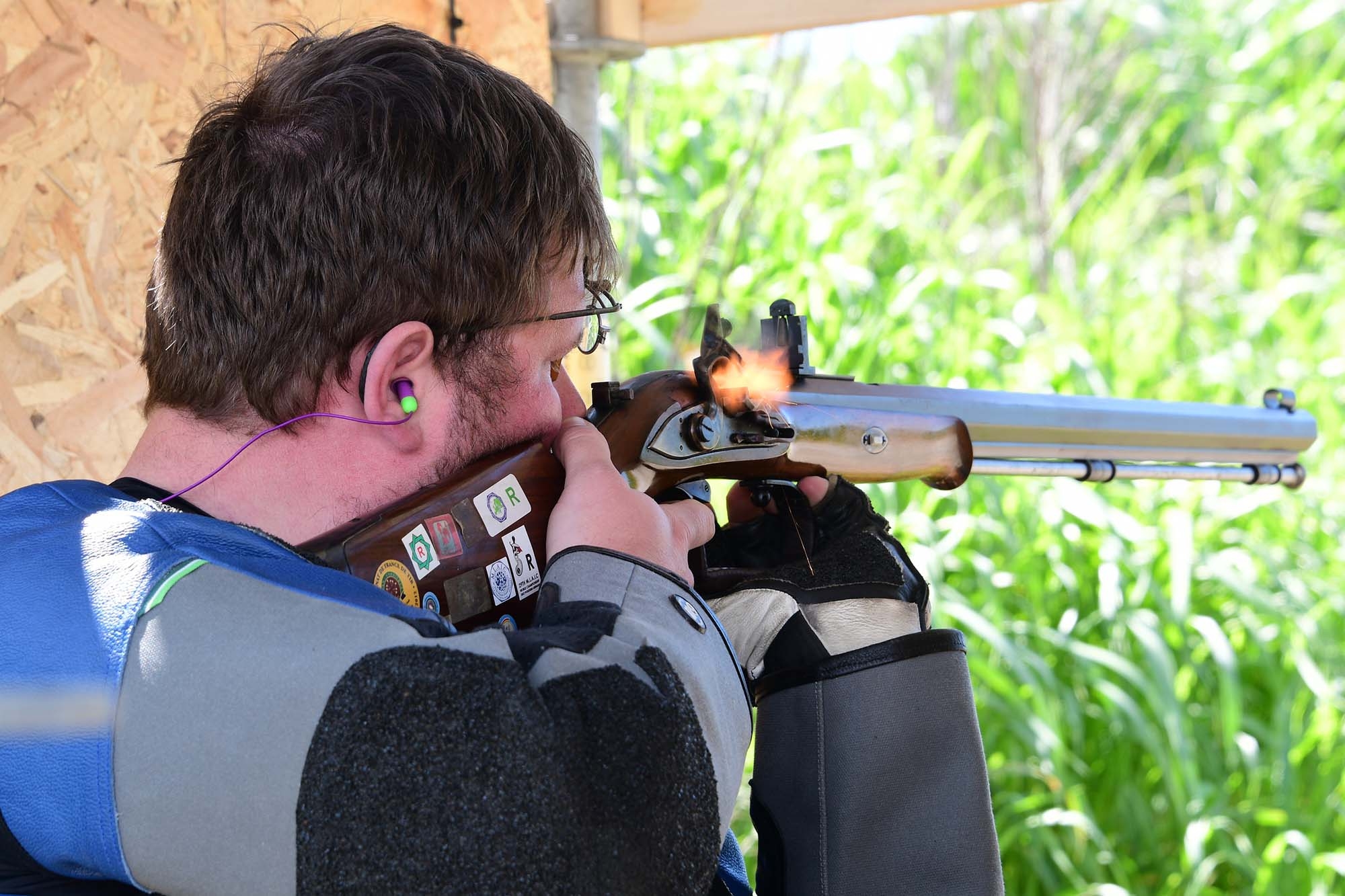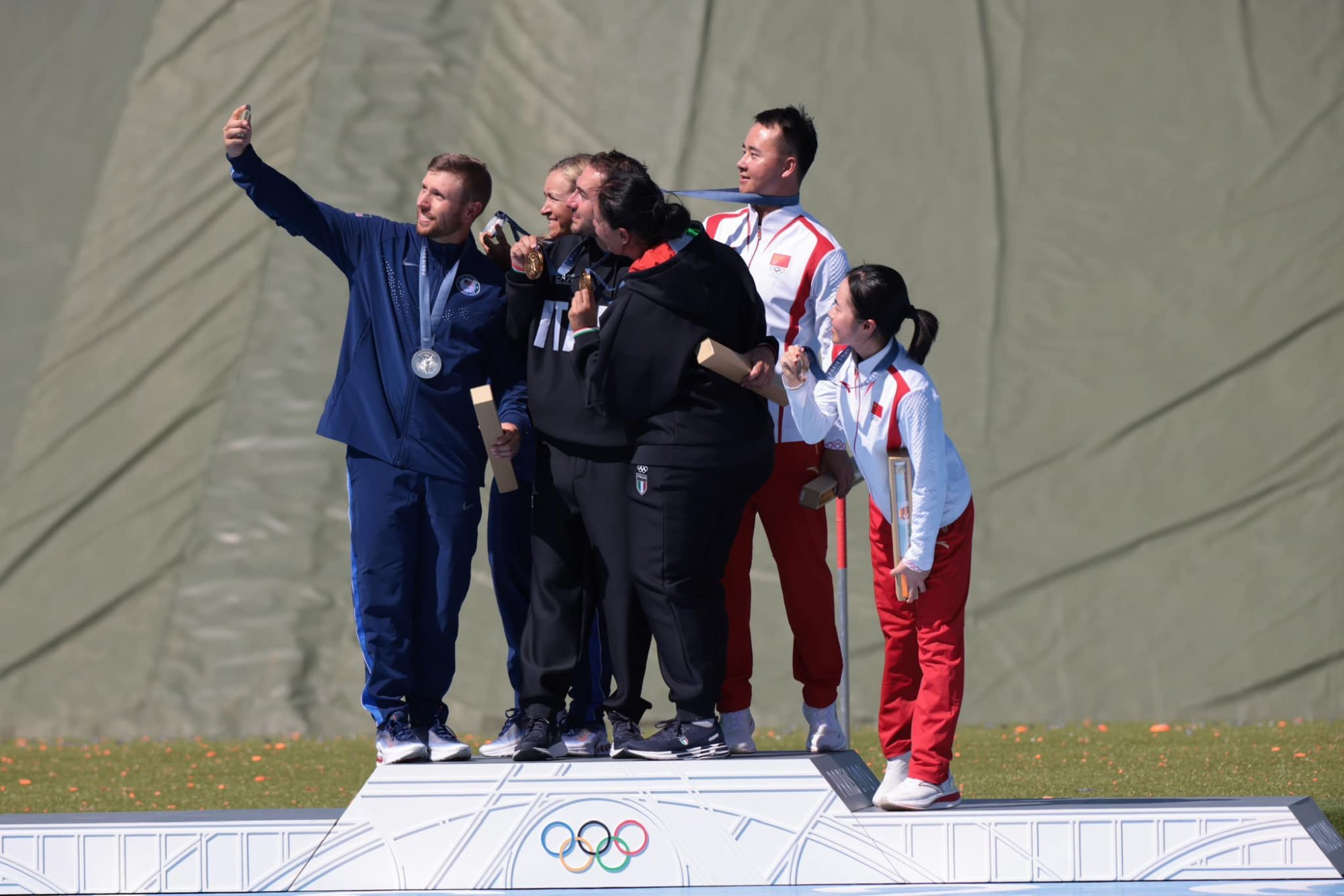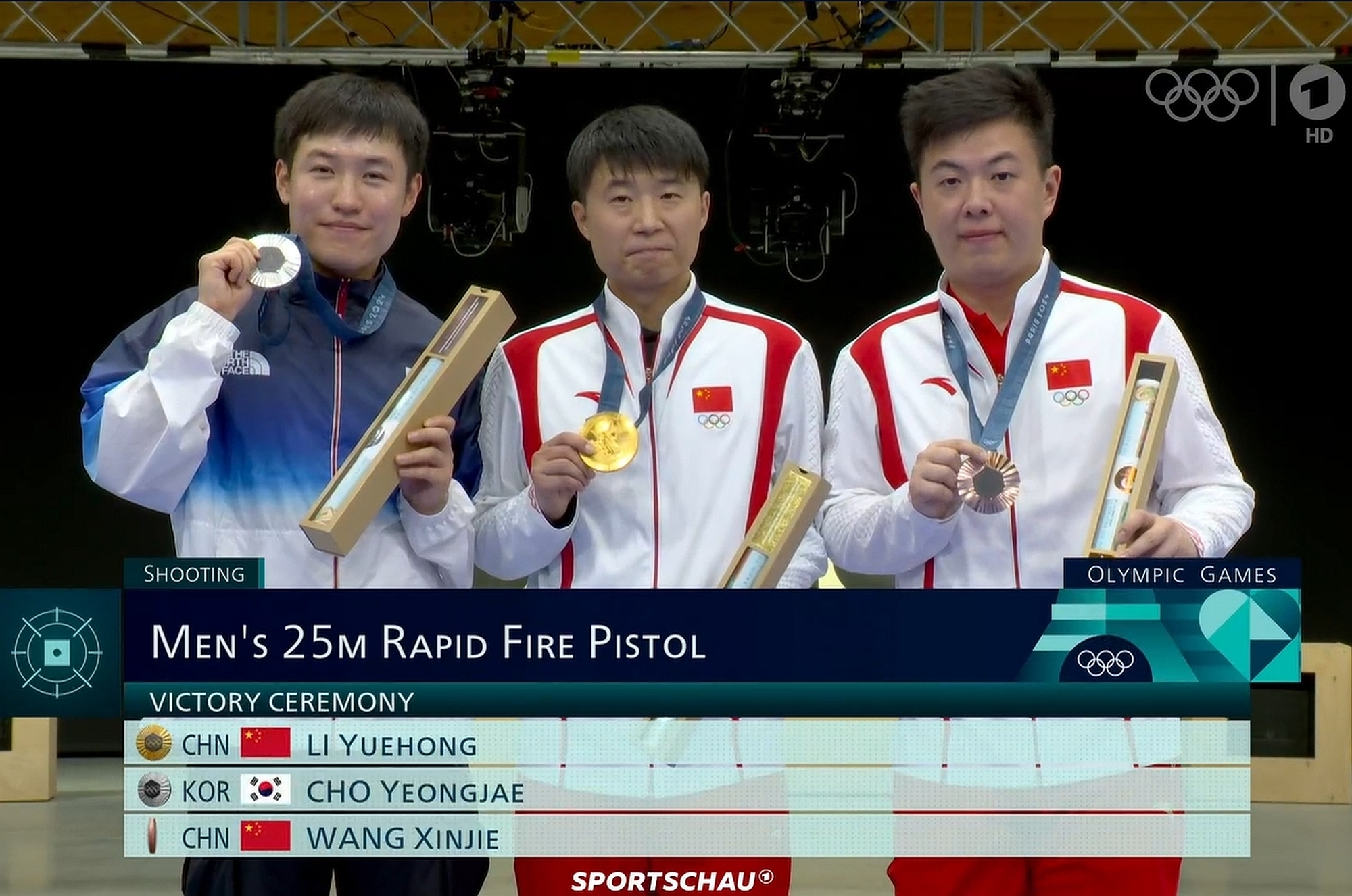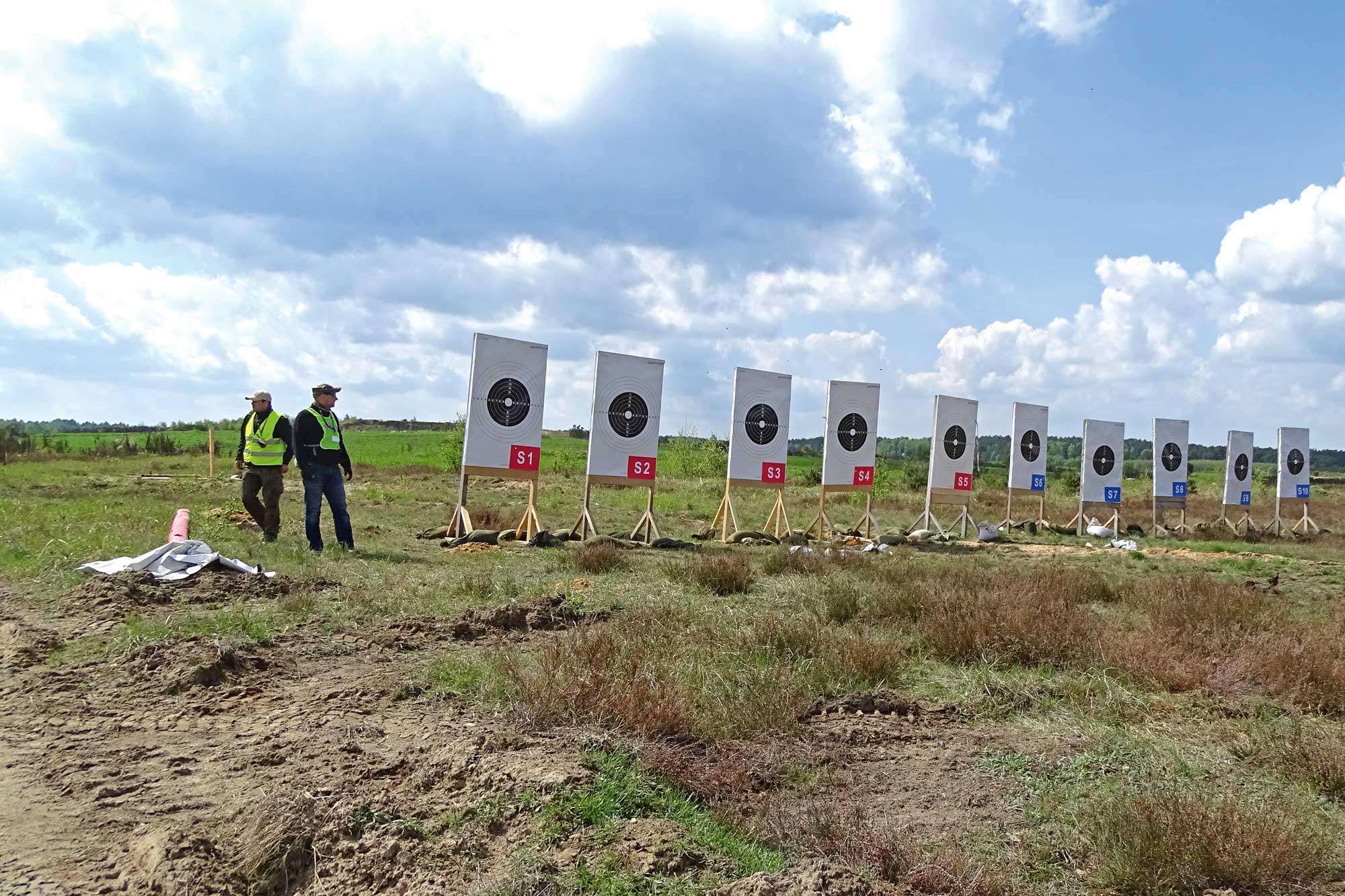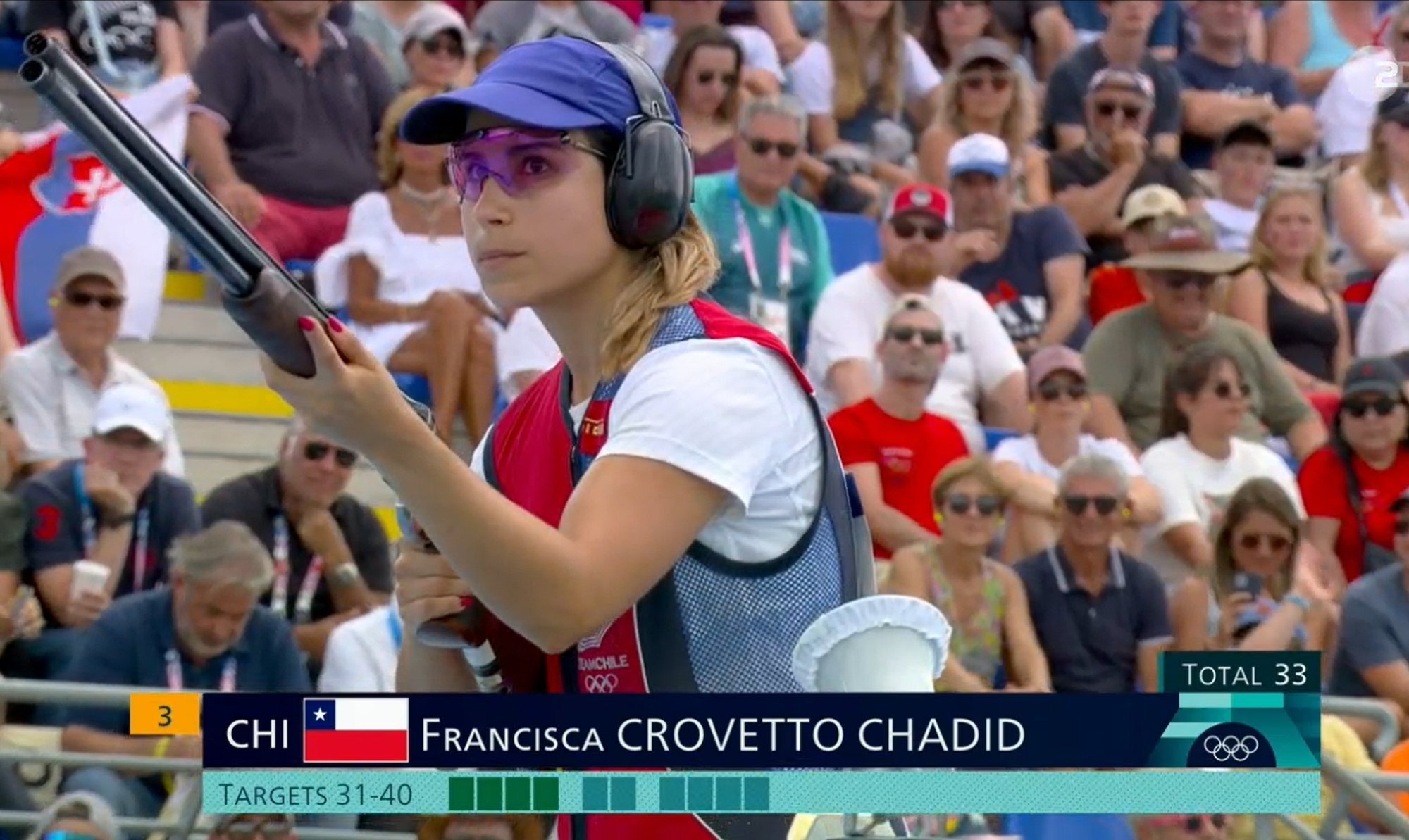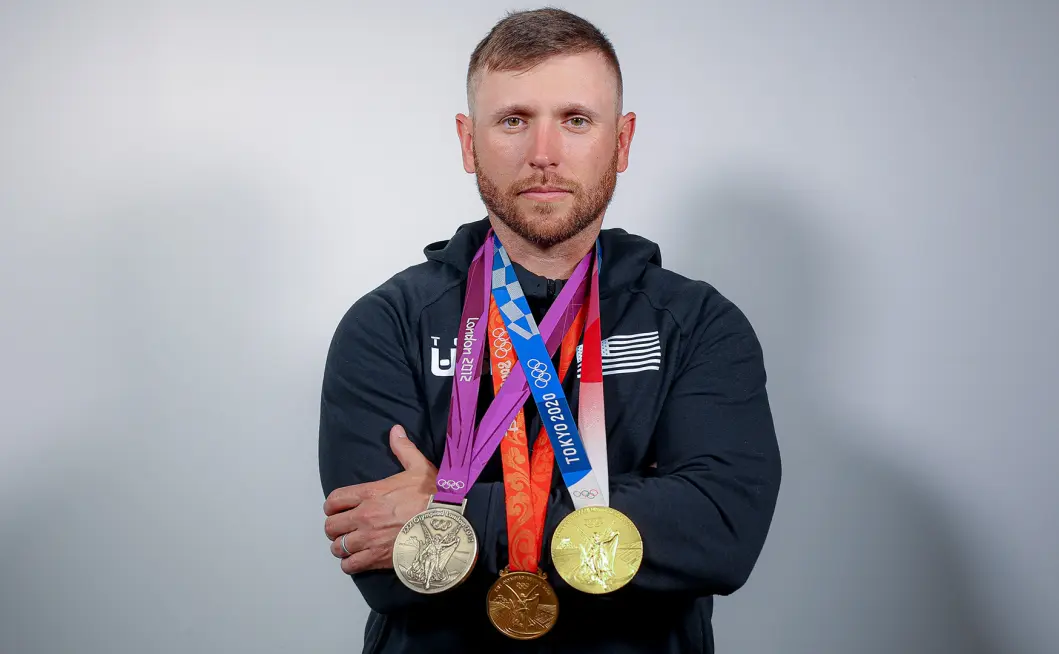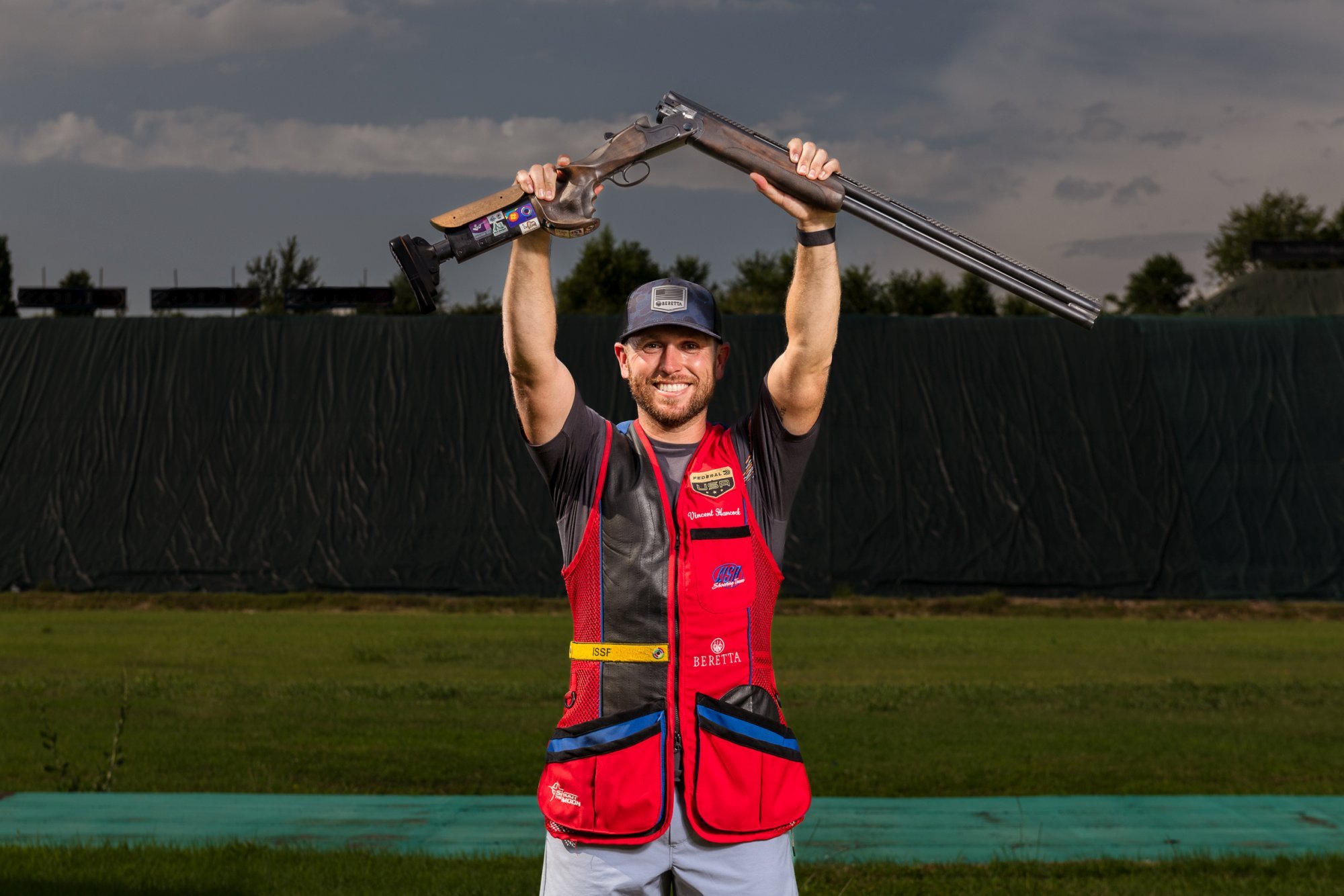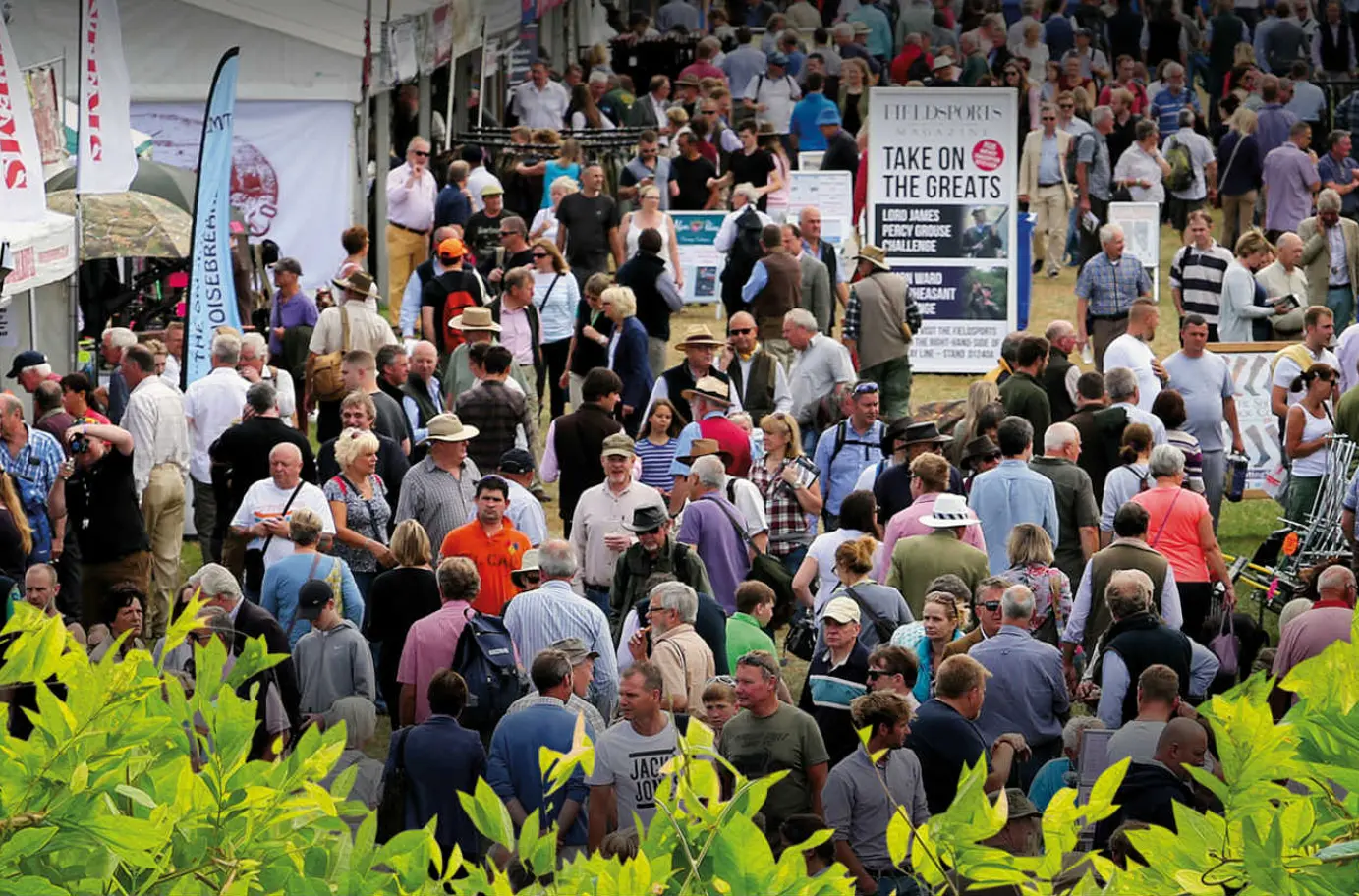ISSF Academy is a coaching platform carefully designed to cater to the developmental needs of shooting sports technicians (and athletes) across all proficiency levels. It was first discussed publicly at the Italian World Cup stage in Lonato (Bs) in July 2023. ISSF President Luciano Rossi then introduced Vesa Nissinen, President of the Finnish Shooting Federation, to the press. Then, the agreement was jointly signed in Munich by ISSF Secretary General Alessandro Nicotra di San Giacomo and Nissinen himself, who holds the position of Academy director. And the ISSF Executive Committee approved the Academy's development at its meeting in Rome on February 21 .
The Academy is an educational system, initially accessible online, designed to bring together athletes, coaches, managers and sport supporters, including the shooting industry. The ISSF is responsible for maintaining the official registers of individual coaches and issuing their respective licences.
The four ISSF Academy courses
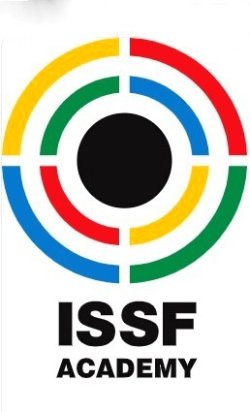
There are four courses, D being the basic course and C being the performance level. For these two, registration can also be individual, without having to go through a national federation. The minimum requirement is a shooting club membership and the successful completion of WADA's ADEL e-learning course for high performance coaches.
Course D and C last 12 weeks and require approximately five hours per week to complete the assigned activities, and cost 490 euros. Course B, international level, and Course A, master level, can only be taken through national federations and require active coaching experience in addition to the lower level course qualifications. They are still being defined. For the B level there is a "contact" week at an Olympic academy, while the A level is an intensive course delivered through contact teaching, lasting 7-10 days. The B courses are scheduled to open in autumn 2025 and the A level in early 2026.
Pilot online D courses will be organised from May 2024 with selected participants, while online C courses will start to be offered in early 2025. Specific teaching modules focusing on para-coaching will also be introduced in 2025. "The Academy is working on new managers, coaches, new skills for the future," said ISSF President Luciano Rossi. "During 20 years when I was ISSF Vice-President it was one of my proposals. I am excited that the project has now taken this significant new step towards actuality and I look forward to working in partnership with our Finnish friends and colleagues.”
An interview with Vesa Nissinen, director of the ISSF Academy
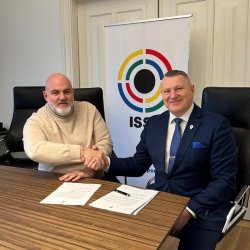
Vesa Nissinen, 61, was an officer in the Finnish army until 2019 and is currently CEO of Comanleas inc. Professionally, he is involved in creating educational systems for leadership development and coaching. He has been an associate professor since 2006, creator of the Deep Lead programme that has educated more than 200,000 people since 1998. He has also published ten books on the subject. An A-level shooting instructor, he has coached two world champions.
Nissinen, are you still the president of the Finnish Shooting Sports Federation? What is your shooting specialty?
"I am currently the President of the FSSF, a position I have held since 2017. I am a Finnish third-generation rifle shooting champion, following in the footsteps of my father and grandfather. My specialities are the 10- and 50-meter rifle prone competitions."
What is Comanleas Group Inc., the company you are CEO of?
"Comanleas Group Inc. is our family business based in Lithuania. It is not very active at the moment."
Is the ISSF Academy a private organisation?
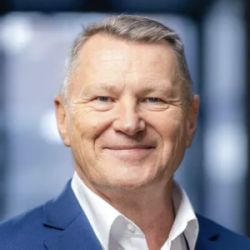
"According to the agreement signed with ISSF on March 6, 2024, the ISSF Academy will operate as an independent entity with the right to use the ISSF brand. Comanleas Inc., a second company based in Finland, is responsible for the practical operation of the ISSF Academy, without any financial support from the ISSF. Therefore, the ISSF management supervises the activities of the Academy through the Academy's Board of Directors."
What are the principles of shooting training that the Academy will teach?
"We focus on Olympic shotgun, pistol and rifle disciplines and shooting techniques. This is the fundamental level. At the performance level, we aim to deepen coaches' knowledge in both mental and physical training, among many other things. One of the fundamental principles is to train shooting coaches to interact with all people according to our core values: respect, trust, enthusiasm and learning. Building a professional training environment is one of the main goals. After all, athletes train to win and a coach must understand what is needed. Shooting is as much a mental sport as it is a physical one."
In addition to ISSF regulations, will you also produce shooting sports manuals?
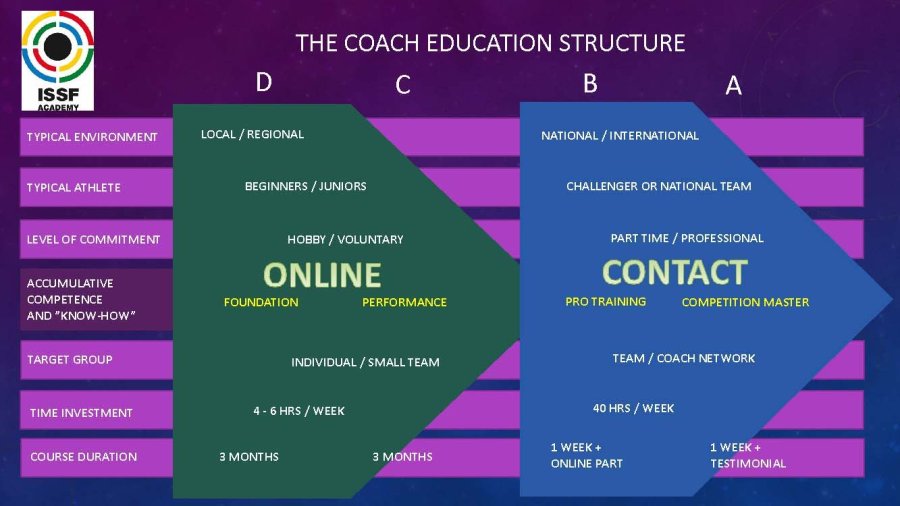
"At this early stage we have no plans for this specific initiative. However, we do offer high-quality training materials as part of our current resources. It is also worth mentioning that, in the future, the academy will be able to possibly organize courses and education in addition to coach training."
How many international coaches are there in the various shooting sports currently?
"Good question, and in fact the exact answer is currently unknown to me. The number exceeds a thousand. We have started the process of gathering information to accurately assess the situation. It is expected to take some time to complete this task, at least several months. We will continue to work diligently to build a complete situational picture covering the Olympic disciplines."
We understand that already certified coaches will have to "validate" themselves again in the Academy...
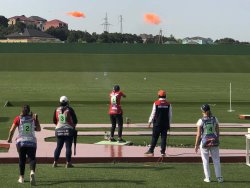
"Our guiding principle is that while a course can provide fundamental information, it is through practical experience that a coach gains valuable knowledge. Consequently, active coaches can easily re-validate their licences. For those with inactive licences, we recommend attending seminars to obtain revalidation. It is worth noting that our Level D online basic course has been significantly improved from previous versions; therefore, even current licence holders may find it beneficial to repeat the course voluntarily."
The CAR (Coach activity report) form is already available on the website for all ISSF coach licence holders to fill out.
The program is designed to provide coaches with the knowledge and skills they need to help their athletes reach their full potential. It is based on the latest research in sports science and training theory and is delivered by a team of experienced coaches and sports scientists. The program is designed to be flexible and accessible, allowing coaches to study at their own pace and in their own time.
Knowledge of the English language facilitates the completion of the course, but the learning platform also allows the materials to be translated into the learner's native language. Coaches who complete the programme will receive a certificate of completion from the ISSF Academy. Nissinen claims that it is possible to train hundreds of people in one or two years.
"Old" acquaintances among ISSF Academy trainers
The staff of the ISSF Academy includes, in addition to Director Nissinen, the Head of Training who is British John Leighton-Dyson, while the Academy's Head of Administration is Karoliina Nissinen, Vesa's wife.
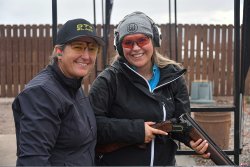
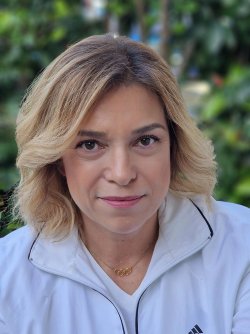
The Academy's Shotgun Head Instructor is the Canadian multiple Trap and Double Trap world champion Susan Nattrass, for rifle the Slovakian Anton Belak and for pistol the Greek Agathi Kassoumi. For each shooting discipline, the head instructors have already recruited a multinational team. Other "old" acquaintances in these teams: the American Kim Rhode, ISSF vice-president and three-time Olympic gold medallist; the Australian Russell Mark, Olympic gold medallist and two-time world champion; the Italian Daniele Di Spigno, two-time Double Trap world champion and, from 2021, coach of the national Junior Trap team; India's Mansher Singh, four-time Olympian; and Australia's Lauryn Mark, two-time Olympic participant and coach of the Australian Skeet team.
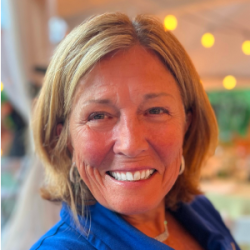
For rifle, Iran's Elham Hashemi Masoumi, Iran coach and member of the ISSF Coaches Committee; Ireland's Ray Keane, coach and former member of his country's national team; India's Anjali Bhagwat, 3-time Olympian and coach; Slovakia's Anna Belakova, former coach of the national teams of Switzerland, Kuwait and Kazakhstan; Mexico's Andrea Palafox, psychologist, coach and member of the national team; India's Rashmi Trivendi, trainer and team assistant.
For pistol, the Georgian Nino Salukvadze, in her tenth Olympic participation, countless Olympic and world pistol medallists; the Italian Roberto Di Donna multiple world medallist, gold and Olympic bronze medallist in Atlanta 1996, coach of the Italian national Pistol team; the Bulgarian Emil Dushanov, head coach of the Japanese national team; the Egyptian Seif Eldin, coach A of the Egyptian national Pistol team; the Greek Nektarios Stavrou, professor of Sport Psychology and Motor Behaviour at the University of Athens.



